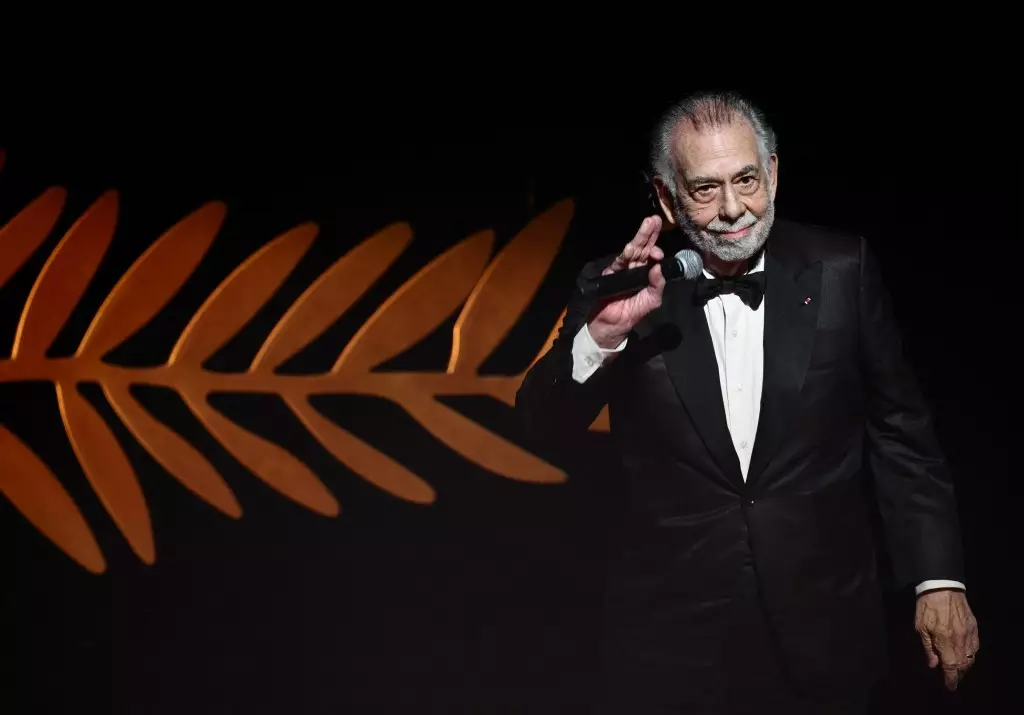Filmmaker Francis Ford Coppola recently revealed in an interview that the upcoming epic film Megalopolis purposefully cast actors who had been previously “canceled” in order to avoid being labeled as just another “woke Hollywood production.” He expressed his desire for the film to spark conversations rather than come across as a preachy project. The $120 million project stars Adam Driver as an ambitious architect named Cesar Catilina, striving to transform a city into a utopia using a groundbreaking material called megalon.
The cast of Megalopolis includes actors from various backgrounds and political beliefs, ranging from arch conservatives to extremely politically progressive individuals. While lead actors like Giancarlo Esposito and Nathalie Emmanuel bring their talent to the forefront, it is the casting of supporting actors like Shia LaBeouf, Jon Voight, and Dustin Hoffman that has raised eyebrows. Each of these actors comes with their own controversies, adding an extra layer of scrutiny to the film.
Shia LaBeouf, currently facing a lawsuit for alleged abuse by his ex-girlfriend FKA Twigs, brings a dark cloud over the production. Similarly, Dustin Hoffman’s past allegations of sexual harassment of a 17-year-old intern and Jon Voight’s far-right beliefs and support for Donald Trump have also been points of contention. The inclusion of these actors in such a high-profile project has sparked debates about whether their personal lives should impact their professional opportunities.
Voight’s portrayal of a Caligula-esque character satirizing a Trump-like figure in the film adds another layer of complexity, especially considering his real-life political stance. Coppola’s hope for the film to trigger discussions about the future and the divided state of the country seems to align with the choice to include such controversial figures in the cast. However, the question remains whether the intentions behind these decisions will overshadow the message the film is trying to convey.
As with any creative endeavor, Megalopolis raises important questions about the role of art in society. Can a film truly start a meaningful conversation about pressing issues, or does the controversy surrounding its production and casting choices overshadow its intended message? Coppola’s vision for the film as a Roman epic with a modern twist seems ambitious, but whether it will resonate with audiences remains to be seen.
The controversy surrounding Francis Ford Coppola’s Megalopolis brings to light the complexities of art, politics, and personal beliefs. While the filmmaker’s intentions to spark conversations and challenge traditional Hollywood norms are commendable, the inclusion of actors with problematic pasts raises valid concerns. As the film nears its release date, the public’s reaction to the project will ultimately determine whether Coppola’s vision successfully translates to the screen or gets lost in the sea of controversies.

Leave a Reply